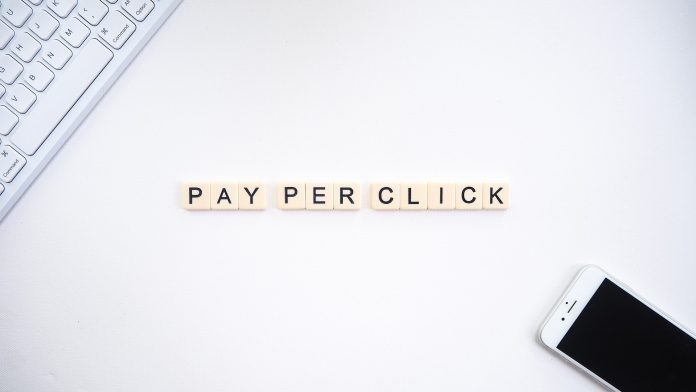Advertising per Click (PPC) and Google Adwords is the most effective way to get leads in a short period of time, so it is usually in some competitive niche. In order to invest in the system, you need to first analyze the behavior of your competitors. But how? We explain it to you below:
How To Evaluate The PPC Strategy Of The Competition
To identify your competitors, the first thing you do is search Google for keywords that describe your business. If you don’t know what they are, we recommend reading our guide on how to do keyword research.
The first thing the search engine shows is the PPC strategy (if any). You should focus on them. It recognizes the following features:
- What kind of media are they using?
- What words did they put in it?
- What month do they invest the most?
- How is your advertising?
- What are the features of their landing page?
- Are they kept in a natural way?
- How does your plan work on mobile?
7 Keys to Analyzing Competitive PPC Strategies
Types Of Ads Used
There are different types of advertising in Google Adwords, and it’s important to know which ones your competitors are using to better understand the market you want to win.
For example, many e-commerce stores or retail companies opt for shopping ads: they are more effective for their audience when they show pictures and product prices. Others get better from text advertising. Even in some cases, they spend more money on display.
Find Out What Keywords Your Competitors Are Using
The next step is to find out which keywords other companies and brands in the market are using in their Google Adwords campaigns. There are tools that can help you with this research, such as Serpstat, Semrush, and Ahrefs.
Not only focus on business keywords, but also on organic keywords. Then evaluate the value of each term for your business.
Be Careful About Investing In Time
One thing to consider is the time of year they use certain words. This will give you an idea of when the investment is more profitable.
Programs like Semrush will show you your ad history, so you can check which months are best for your niche and which have the least activity. Therefore, you can decide in time to increase and/or decrease your income.
Analyze Competitors’ Ads
You can see all of this at a glance on the results page (although some SEO tools also allow you to view this data in detail). Use it for motivation or identify weaknesses. So you can create a successful ad.
Landing Page Assessment
Another detail you can’t ignore is your competitors’ landing pages. Where do users who click on ads go? What information do they receive to encourage them to be leaders?
Look at your competitor’s network configuration, the images they use, and their value. These details will help you add value to your plan.
SEO Positioning
When doing your research, consider whether your competitors also rank in organic results. We explain why.
Organic search results often result in higher click-through rates than advertising. If you’re using keywords that you use in other domains, chances are you won’t get the traction you’re hoping for.
Given this situation, it is important that your PPC strategy is accompanied by SEO practices that build your position in the long run.
Mobile Features
Last but not least, see how your ads look on mobile devices. Remember that most users search through their phones, and a plan that is not responsive can lose many sales opportunities.
The Key To Good Research
Unlike SEO, which increases leads without money, the effectiveness of Google Adwords campaigns is determined by the return (ROI) they produce. Therefore, good research is important for your plan to work, and you can take full advantage of the platform. Some details you should consider are:
Review The Budget
If this is your first time advertising for your business or company, we recommend starting with a small budget. Test the reaction of the market before increasing your money, analyzing the keywords that get you the most clicks and the best ones to remove from your campaign.
Promotions can be daily, weekly or monthly, all depending on your market area. The important thing is to increase efficiency as much as possible.
Remember: it’s not about getting thousands of views, it’s about reaching the right audience. It is better to reach 100 people and get them to buy from you 10 times than to have thousands of views and your conversion rate not exceeding 2%.
Choose The Right Keyword Combination
We always divide keywords into two broad categories: business (used to buy a product or rent a service) and information. However, there are also hybrid keywords, which are a bit of the best of both worlds and work well when used together.
A strong PPC strategy with Google Adwords will gather a good mix of keywords: not just general keywords for the company. It’s important to test what works and what doesn’t every week to make your choices good.
Do A/B Testing
A tip that can help you improve your strategy is to apply A/B testing to your campaigns. Create two ad groups pointing to the same landing page and see which one spends the best money. This will help balance your finances.
Improve Your Landing Page
It is worth mentioning how important it is to have a landing page with a great user experience. Ads can attract hundreds of people who are interested in buying something, but you will lose most of your chances if the page you get the ad on is slow loading, not useful, not responsive, and not liked.













